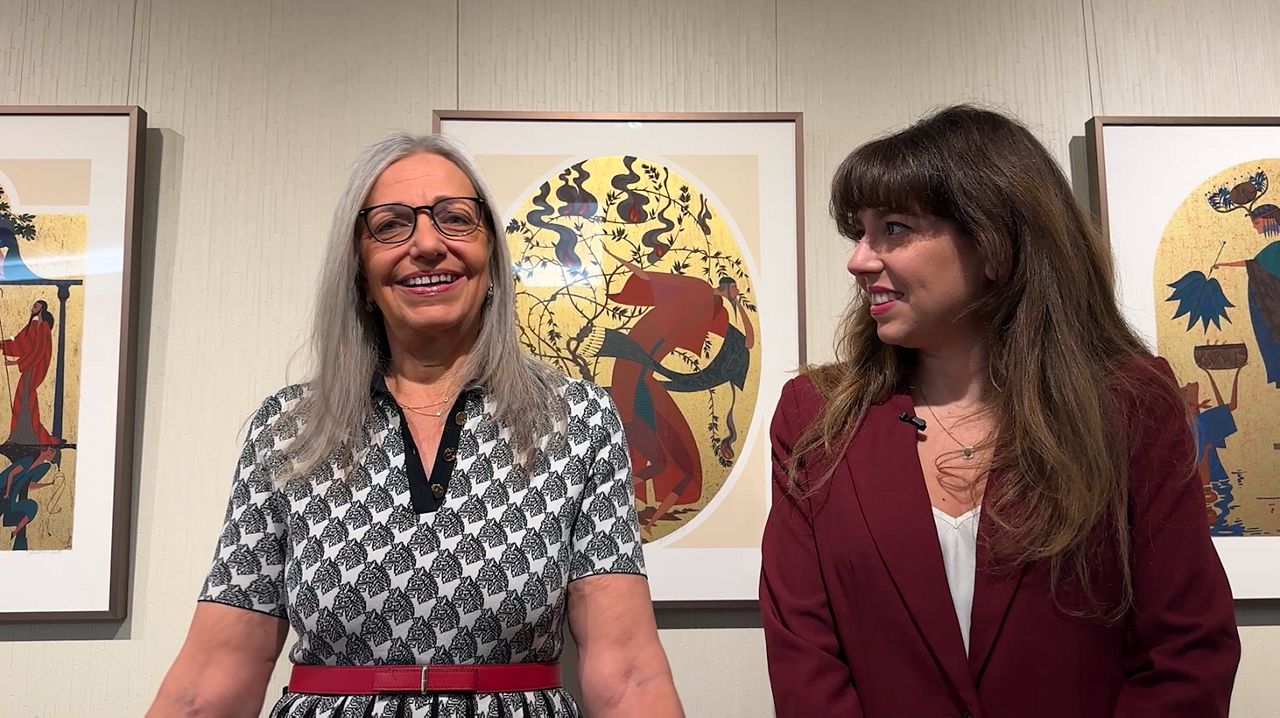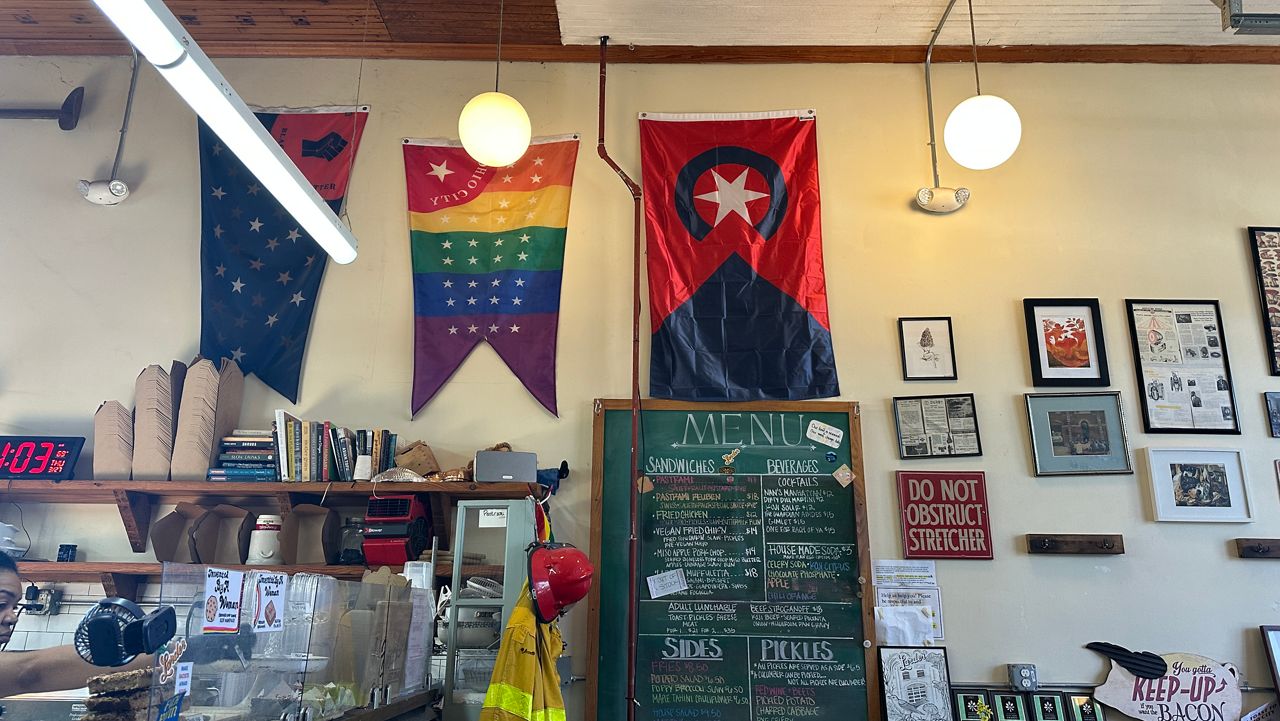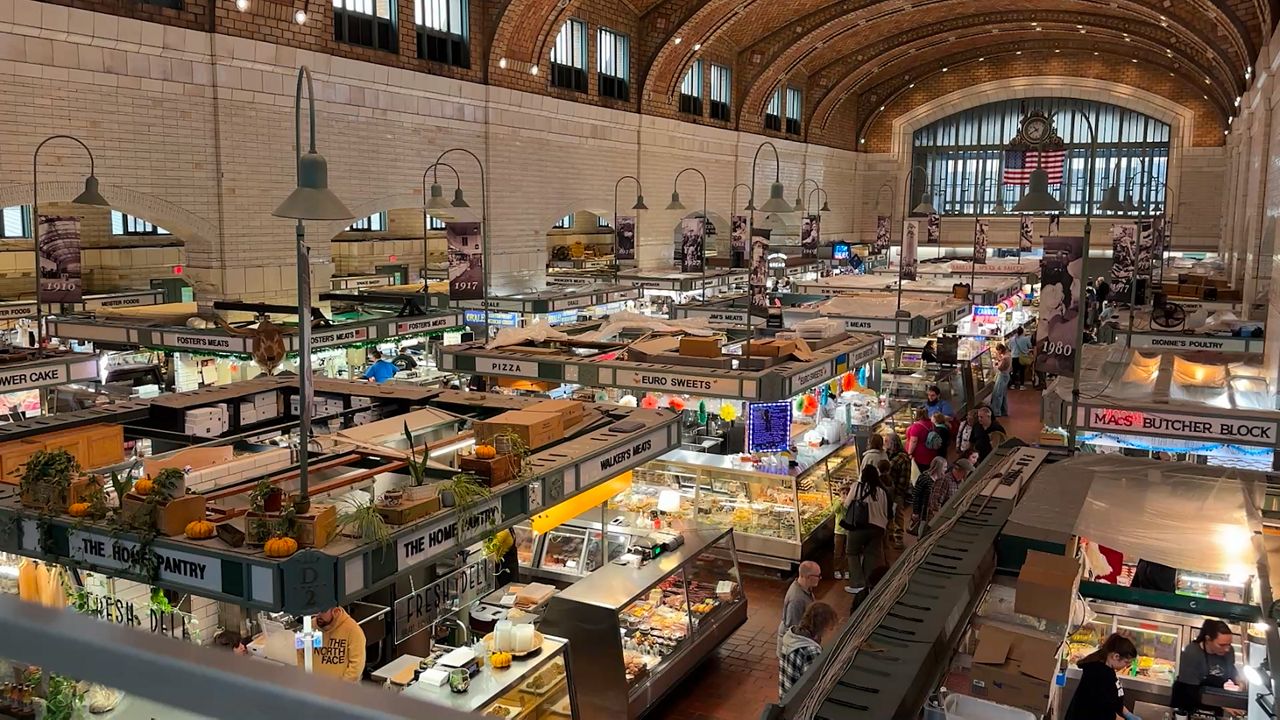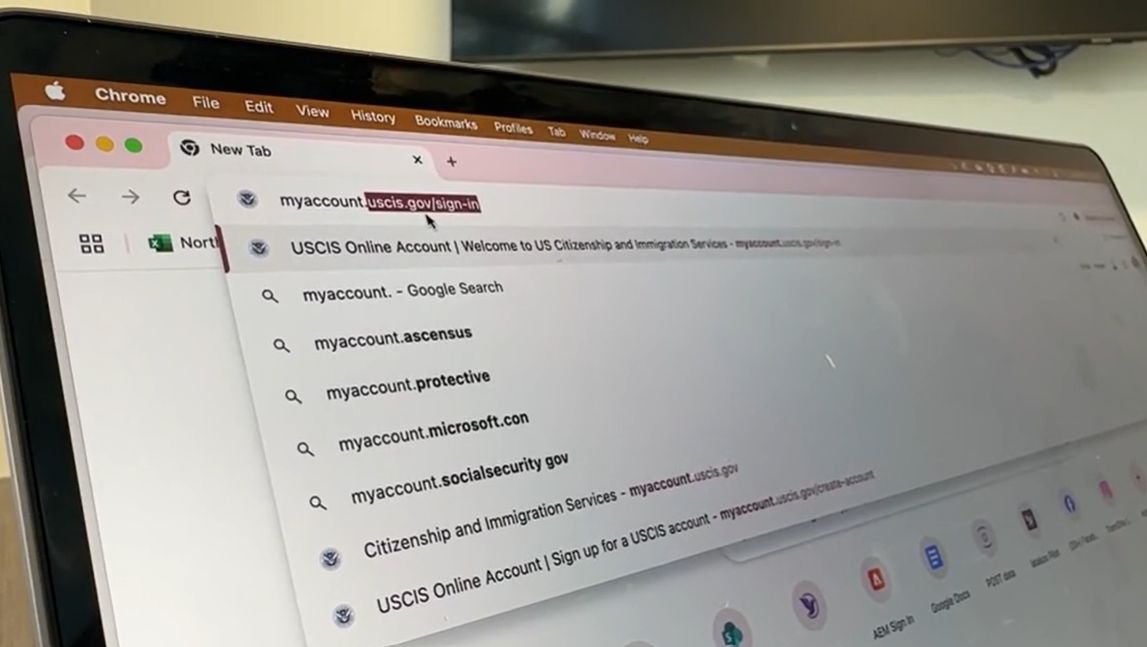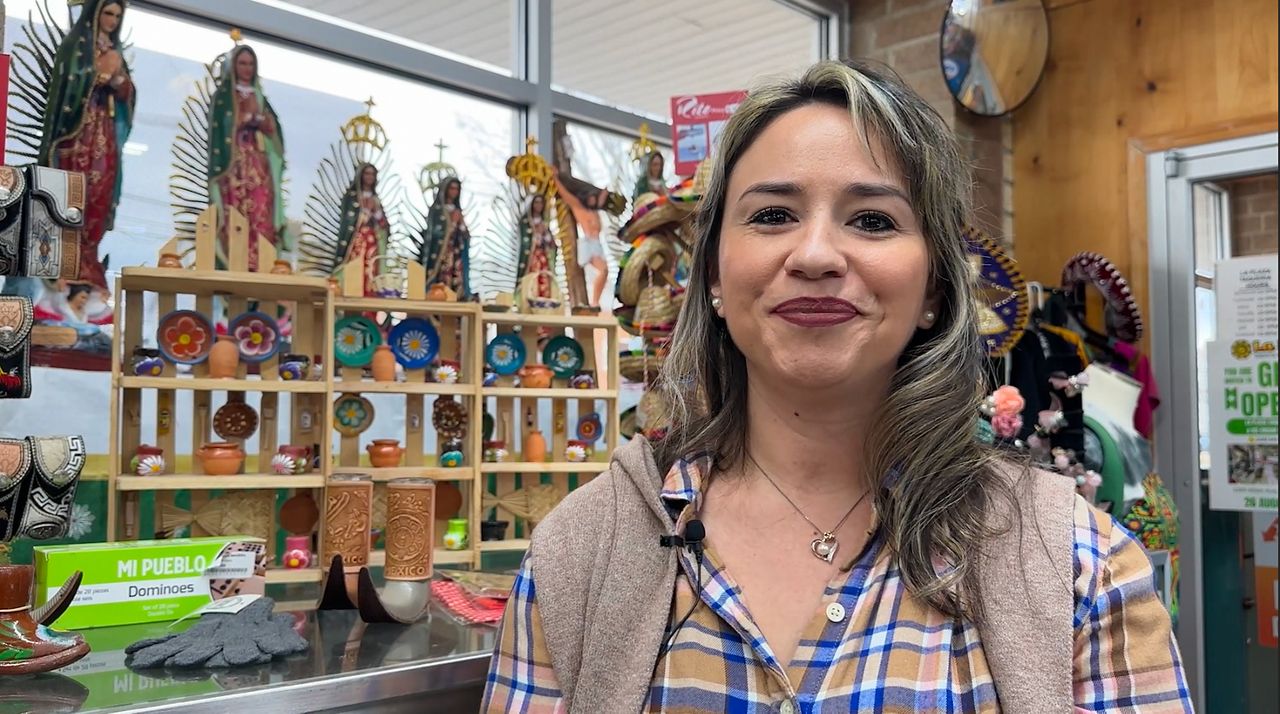CLEVELAND — Natalia Alcazar roasts nearly a million coffee beans each week, selling them on shelves and making lattes for locals at Dahlia Coffee Co. on the west side of Cleveland.
Her menu items are priced around $5 to $6 per cup, but she’s worried this could change in the near future.
“I wanted to bring a little piece of, of Mexico, of the West Coast, and also just my love for coffee in this coffee shop,” Alcazar said.
Like Alcazar, these coffee beans are a long ways from home.
“The majority of the coffee that we use here is from Central and South America,” she said “Currently on espresso, we're using coffee from Honduras, and then on drip, we're usually using a coffee from Guatemala.”
The shop’s beverages mix in traditional ingredients from Mexico, like mazapán, canela and dulce de leche.
Now, Alcazar said she’s worried the prices of these foreign foods could be hit by ongoing changes in the U.S. economy.
“Coffee from Honduras was probably one of the cheapest coffees that I would get from the specialty grade coffees that I buy to roast, and it's actually gone up $2. So that is a huge cost for me, not only as a roaster, that I have to pass down to my customer."
Jonathan Ernest has been keeping a close eye on the economy as an assistant professor at Case Western Reserve University’s Weatherhead School of Management.
Tariffs on international goods could have a costly consequence for all coffee lovers, Ernest said.
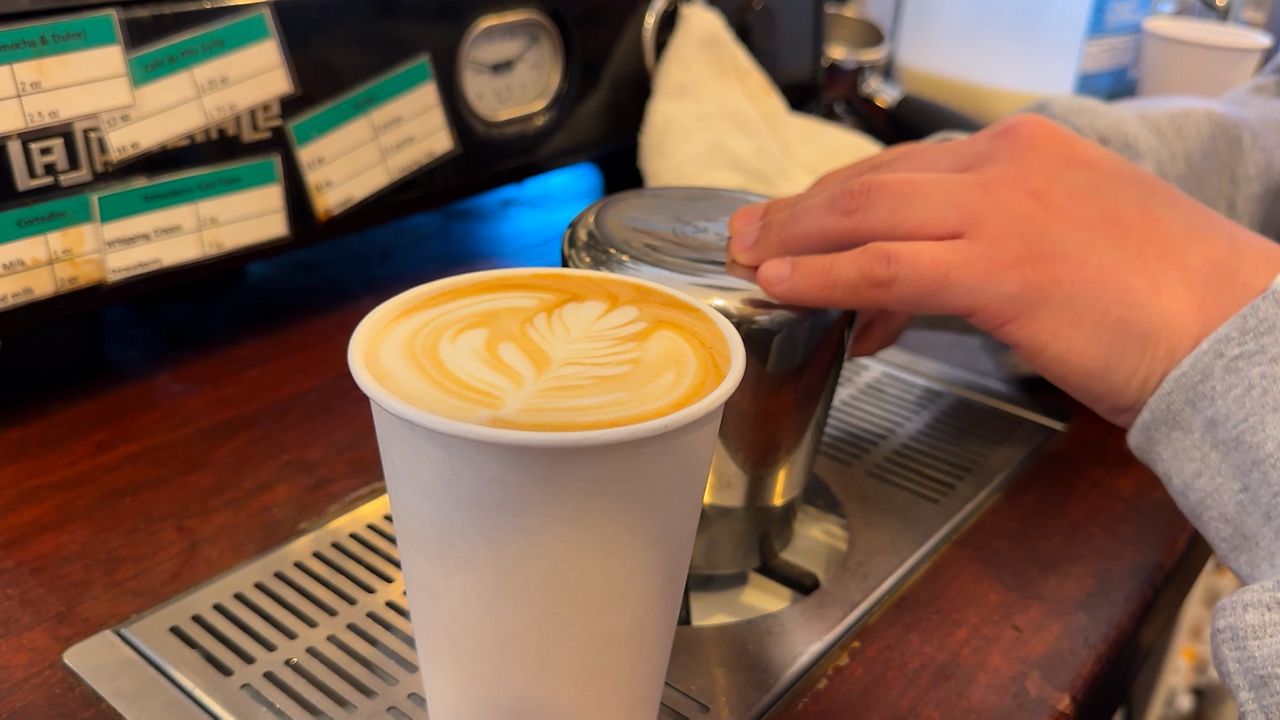
“Maybe you want, just, a run-of-the-mill machine that's produced in somewhere like China, that would make that coffee for you at home and try to save a few dollars,” he said “... Purchasing those machines, the other sort of ingredients to making a good cup of coffee are going to get more expensive as well.”
And as tariffs remain a hot topic for many Americans, Alcazar said, there’s a lot of buzz among small business owners.
“I’m still pretty new, and I'm small, and I'm growing and we just we just added on to employees,” Alcazar said. “Our overhead is already going up. It's really hard to still maintain those prices.”
Still, Alcazar said she’s trying her best to keep prices low and hopes the community will continue sipping her speciality drinks.
“Continue to support your small businesses because they are the ones that are going to be hit the hardest,” she said. “There's only so much that we can do with the materials that are produced in the US… everybody's going to take a hit.”
President Donald Trump announced Wednesday a 90-day pause on many of the import taxes he placed on most countries in the world, with the exception of China.
China, which has escalated its own tariffs in retaliation in recent days, will face a 125% tariff on all goods exported to the U.S. “effective immediately," the president said. Trump made the announcement abruptly Wednesday afternoon on his social media platform, Truth Social.
The Associated Press contributed to this report.







